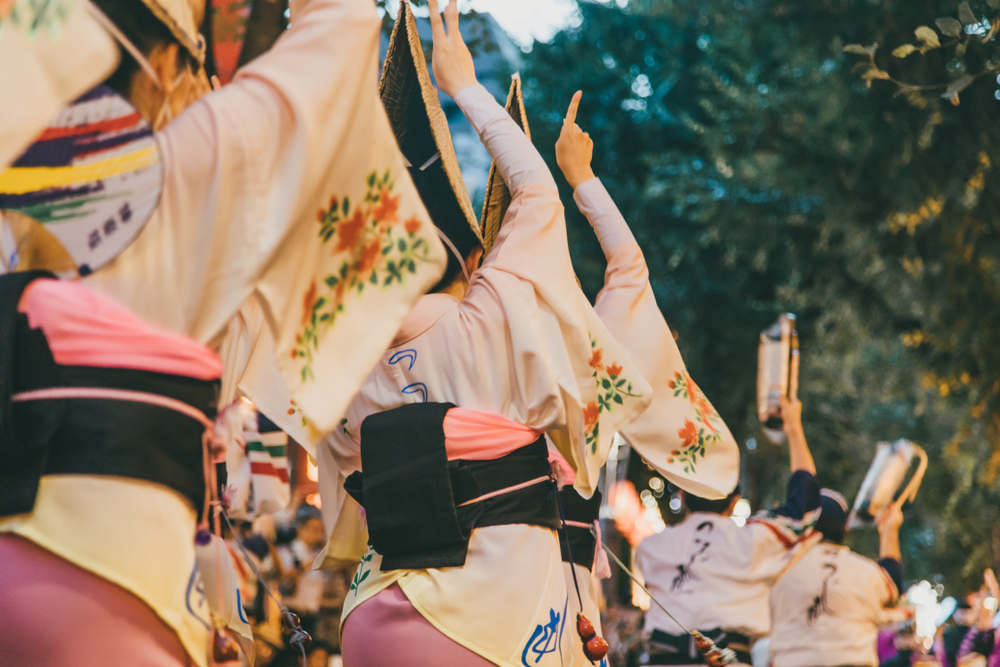BIPOC Festivals Around the World: A Deep Dive into Cultures and Celebrations
BIPOC Festivals Around the World – Explore the most iconic BIPOC festivals from various corners of the globe. Dive deep into their rich origins, traditional rituals, and how they are celebrated today. Join us on a journey of cultural immersion and appreciation.
If you’re looking to immerse yourself in the culture and traditions of BIPOC communities around the world, attending a BIPOC festival is a great way to do so. These festivals celebrate the history and origins of BIPOC people and showcase their modern-day contributions to society. In this article, we’ll explore the origins, traditions, and modern-day celebrations of BIPOC festivals around the world.
BIPOC festivals have a rich history that dates back centuries. Many of these festivals were originally celebrated as a way to honor the harvest, mark the changing of the seasons, or commemorate important events in the community’s history. Over time, these festivals evolved to include music, dance, and other forms of entertainment and became an important part of the local culture.
Today, BIPOC festivals are celebrated around the world, and are an important way for communities to come together and celebrate their heritage. From the vibrant colors and sounds of the Caribbean Carnival to the solemn processions of Dia de los Muertos in Mexico, each festival has its own unique traditions and customs. In the following sections, we’ll take a closer look at some of the most popular BIPOC festivals from around the world, and explore what makes each one so special.
Key Takeaways
- BIPOC festivals have a rich history that dates back centuries and were originally celebrated as a way to honor the harvest, mark the changing of the seasons, or commemorate important events in the community’s history.
- Today, BIPOC festivals are celebrated around the world, and are an important way for communities to come together and celebrate their heritage.
- Each festival has its own unique traditions and customs, from the vibrant colors and sounds of the Caribbean Carnival to the solemn processions of Dia de los Muertos in Mexico.
BIPOC Festivals Around the World: Origins, Traditions, and Modern-Day Celebrations

BIPOC Festivals Around the World: A Deep Dive into Origins, Traditions, and Modern-Day Practices
Festivals are vibrant expressions of a community’s identity, history, and cultural pride. Celebrated by BIPOC communities across the globe, these events offer a window into the traditions, stories, and rituals that have been passed down through generations. Let’s embark on a journey to explore some of the most iconic BIPOC festivals celebrated worldwide.
- Diwali, India (and other parts of Asia)
- Origins: Celebrated by Hindus, Sikhs, Jains, and Buddhists, Diwali marks the victory of light over darkness and good over evil.
- Traditions: Lighting of oil lamps, exchanging gifts, and feasting on sweets.
- Modern-Day Practices: Grand fireworks displays, eco-friendly lanterns, and community events in cities worldwide.
- Carnaval, Brazil (and other parts of South America)
- Origins: Rooted in ancient pagan festivals and later influenced by Catholicism, Carnaval is a pre-Lenten celebration.
- Traditions: Samba parades, masquerade balls, and street parties.
- Modern-Day Practices: Inclusion of contemporary music genres, eco-conscious costumes, and widespread global parties mimicking the Brazilian style.
- Kwanzaa, United States
- Origins: Created in 1966 by Dr. Maulana Karenga as an African American cultural celebration.
- Traditions: Lighting the kinara (candle holder), discussing African principles, and feasting.
- Modern-Day Practices: Celebrated internationally, community events, and increasing digital celebrations.
- Chinese New Year, China (and globally)
- Origins: Marks the beginning of the lunar calendar.
- Traditions: Dragon and lion dances, red envelopes, and family feasts.
- Modern-Day Practices: Global parades, modern art interpretations, and international culinary celebrations.
- Juneteenth, United States
- Origins: Commemorates the emancipation of enslaved African Americans in 1865.
- Traditions: Parades, music, and BBQs.
- Modern-Day Practices: National holiday recognition, educational events, and worldwide acknowledgment.
- Guelaguetza, Mexico
- Origins: Celebrating the indigenous cultures of Oaxaca.
- Traditions: Traditional dances, music, and regional foods.
- Modern-Day Practices: Tourism influx, media coverage, and collaborations with international artists.
- Holi, India and Nepal
- Origins: Marks the arrival of spring and the victory of good over evil.
- Traditions: Throwing of colored powders and water.
- Modern-Day Practices: Holi parties worldwide, eco-friendly dyes, and incorporation into pop culture.
- Panafest, Ghana
- Origins: Celebrated to promote and enhance unity among all Africans and people of African descent.
- Traditions: Theatre, music, and dance.
- Modern-Day Practices: International participation, academic conferences, and increasing media attention.
- Obon, Japan
- Origins: A Buddhist event to honor deceased ancestors.
- Traditions: Bon dances, visiting graves, and floating lanterns.
- Modern-Day Practices: Fusion music, global celebrations, and digital memorials.
- Caribana, Canada
- Origins: Celebrating Caribbean culture and traditions in North America.
- Traditions: Parades, music, and dance.
- Modern-Day Practices: Major tourist attraction, international artist performances, and wide media coverage.
For More Info on BIPOC Festivals Around the World : https://www.unesco.org/en